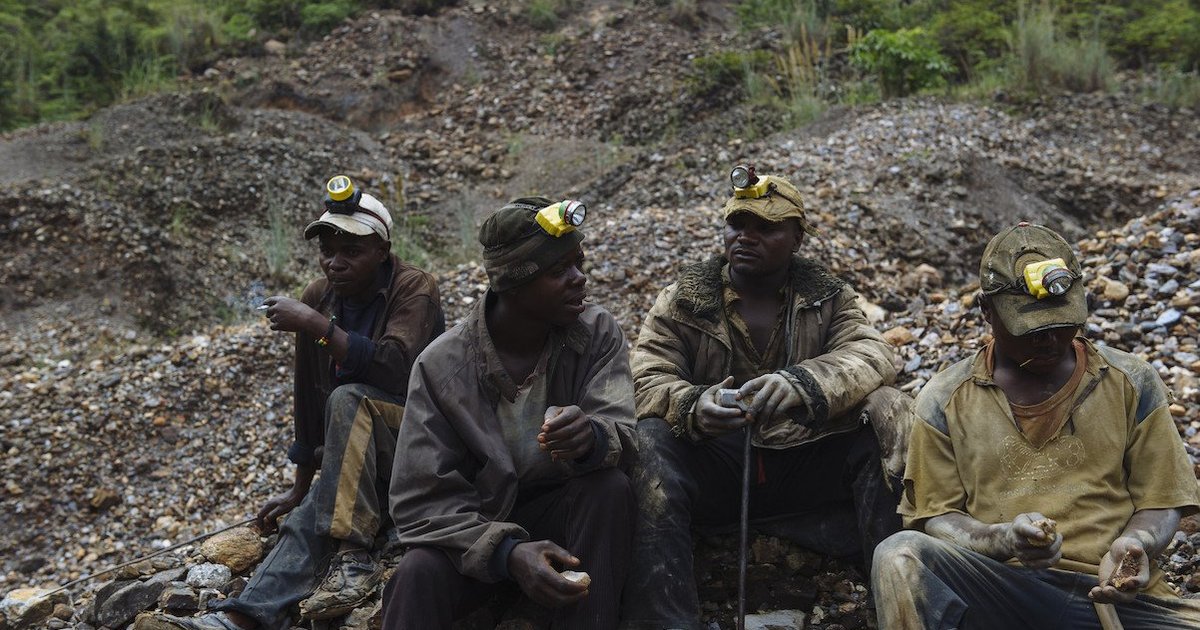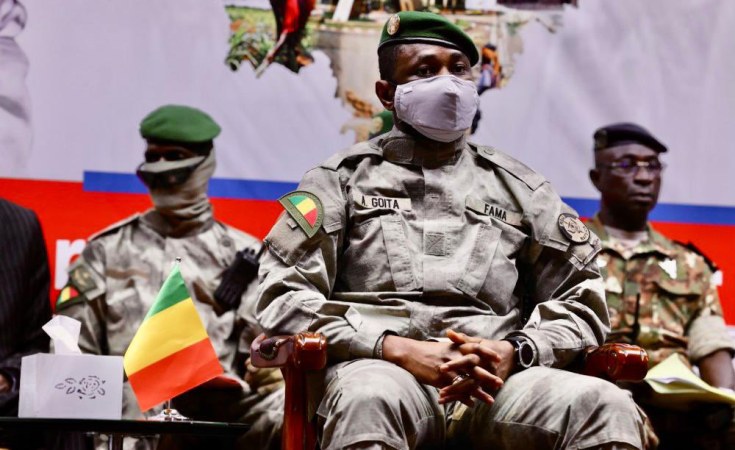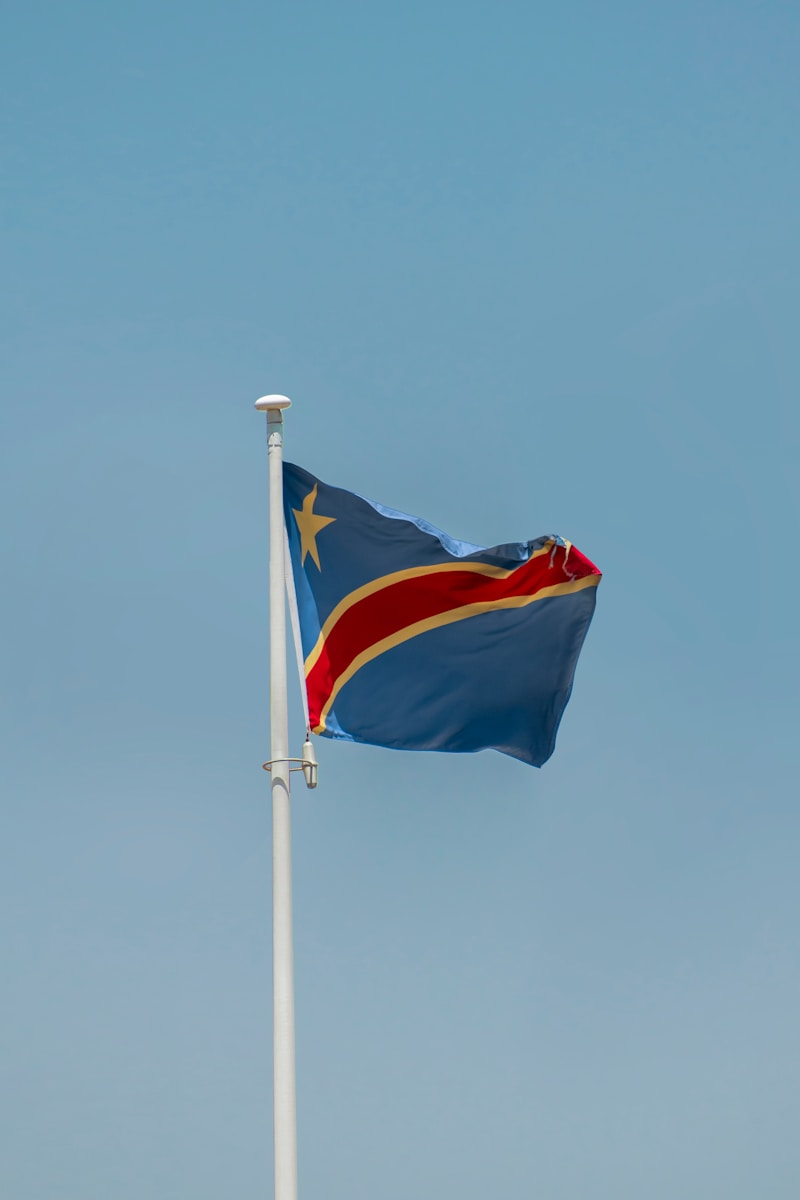The Musonoï East mining site in the Lualaba province of the Democratic Republic of Congo (DRC) has become a focal point of controversy following a proposed sale to investors from Abu Dhabi. Despite the potential for strategic investment, the deal faces serious political and environmental hurdles.

Background of the Transaction
In June 2025, the DRC government proposed transferring control of the Musonoï East mining site from the state-owned company Gécamines to a United Arab Emirates (UAE) investor reportedly linked to Abu Dhabi’s ruling family. The transaction was presented as part of a broader initiative to attract foreign investment in cobalt and copper extraction.
2. Presidential Intervention
President Félix Tshisekedi, during his visit to Lualaba in early June, publicly reprimanded Gécamines’ leadership, particularly CEO Placide Nkala Basadilua. He expressed discontent over the lack of transparency surrounding the deal and the company’s decision to cancel a previous agreement with South African businessman Robert Gumede.
3. Points of Contention
- Lack of consultation with local authorities and stakeholders.
- Opaque terms regarding the involvement of the UAE investors.
- Concerns about undermining previous international mining partnerships.
4. Environmental and Social Concerns
The Musonoï East mining site is located near heavily populated communities. Civil society groups have raised red flags regarding the potential for environmental degradation, including water pollution, displacement, and lack of local benefits.
In previous mining projects involving Gulf state investors in the DRC, there have been documented cases of inadequate environmental mitigation and poor compensation schemes.
5. Possible Scenarios Ahead
The deal is still under negotiation, and multiple outcomes are possible:
- Revision of contract terms to include environmental and community safeguards.
- Introduction of a joint venture model with Gécamines retaining operational involvement.
- Postponement or full cancellation of the sale pending public consultations.
6. Strategic Importance of Musonoï East
The Musonoï East mining site holds substantial deposits of cobalt and copper, two critical minerals for the global energy transition. Abu Dhabi’s interest signals a growing geopolitical focus on securing raw materials from Africa for EV battery production and green technologies.
6. Strategic and Geopolitical Implications of the Musonoï East Mining Site Deal
The proposed transfer of ownership of the Musonoï East mining site to an investor group based in Abu Dhabi is not only an economic transaction but also a development with far-reaching strategic and geopolitical consequences. Located in the mineral-rich Lualaba province, the site is estimated to hold vast reserves of cobalt and copper, two critical minerals essential for the global transition to renewable energy and electric vehicle (EV) production. This makes the site a key target in the growing international competition over access to strategic resources in Africa.
By acquiring rights to the Musonoï East mining site, Abu Dhabi is signaling its intent to diversify its global resource base and secure supply chains that are less vulnerable to geopolitical disruptions. For the Democratic Republic of Congo (DRC), however, the deal has triggered internal debates about sovereignty, local beneficiation, and transparency. Critics argue that deals like these, if not carefully structured, may benefit foreign entities disproportionately while offering limited long-term gains for Congolese citizens. The lack of full disclosure of the contract terms has further intensified suspicions around the motives of Gécamines and its current management.
The African mining strategy must prioritize sustainable extraction, value-added production, and fair revenue-sharing agreements. International actors, particularly from resource-hungry nations, are increasingly competing to secure partnerships in Africa’s mining sector. Therefore, the sale of the Musonoï East mining site represents a test case for how the DRC can balance foreign investment with national interest, environmental protection, and local empowerment. As global demand for cobalt continues to surge, ensuring that Congolese communities benefit from their country’s mineral wealth is more urgent than ever.
7. Recommendations for Observers and Investors
- Investors should demand full due diligence reports on the site’s environmental impact.
- The DRC government should ensure transparency in all foreign investment agreements.
- Community representatives must be involved in future project planning phases.
You can read
- Investing in African Mining: Risks and Opportunities
- Sustainable Mining Practices in Sub-Saharan Africa
External Resources
- Africa Intelligence – Insider reporting on mining in Africa
- Mongabay – Environmental news on mining
- Metorex Group – Background on Musonoi Project
In conclusion, the fate of the Musonoï East mining site remains uncertain. While the proposed deal with Abu Dhabi holds promise, only a transparent, inclusive, and environmentally responsible approach will ensure long-term benefit for the DRC and its people.
Table of Contents
- 1. Background of the Transaction
- 2. Presidential Intervention
- 3. Key Points of Contention
- 4. Environmental and Social Concerns
- 5. Future Scenarios and Recommendations
Thanks for reading for more news visit our website africaciviclens.com




